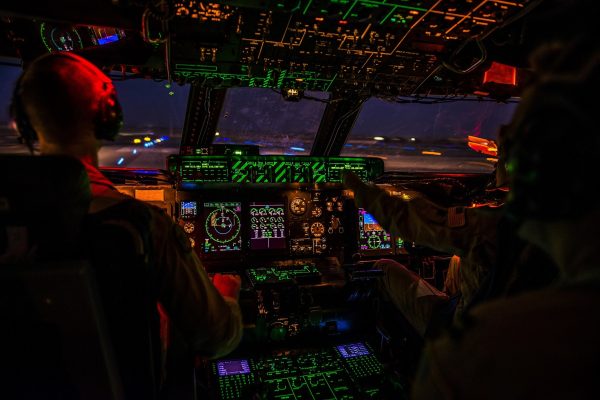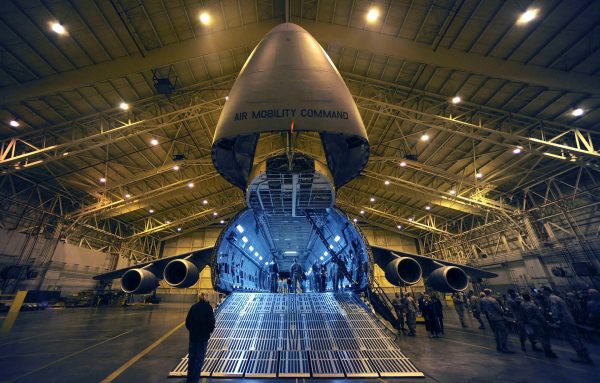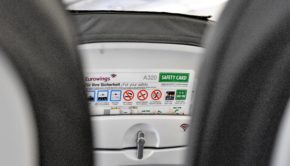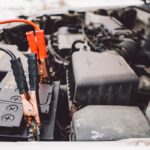What Are Reliability-Centered Maintenance (RCM) Analysis Services?
Reliability-centered maintenance is a process used by many organizations to reduce their resources. Reliability-centered maintenance, or RCM, is the process of creating a regular maintenance program to minimize damage to company resources. Reliability-centered maintenance (RCM) analysis services are every important and should be taken seriously and cautiously.
Reliability-centered maintenance (RCM) is a logical process for gathering information and making decisions about the equipment element with a small group of people with knowledge of hardware and logic design. If you want to think about using RCM in your company, you may need help getting started – at least with some basic training.

For example, think of company cars. In theory, you can manage this until you experience problems — tire degradation, engine failure, etc. However, RCM requires regular inspections and maintenance to inspect and replace fluids, tire tests, and any other necessary support that must be performed to repair the device. In general, they are more expensive in the short term because they pay for maintenance and replacement of obsolete parts that may still have time, but in the long run, it is much cheaper.
RCM in large industry
RCM is a procedure that can be applied to almost any type of resource that requires maintenance. If you are discussing a computer network or industrial equipment, time and usage will have an impact. This way, you can anticipate and correct errors, or you can increase the cost of regular maintenance to solve minor problems now and avoid more serious problems later.
More than the cost
These are not only big repair bills but also here and now. For example, suppose you drive a company car until something explodes. If you do, in general, you will have more expensive repairs. However, the repair takes longer and may lead to the fact that something can not be restored, for example, to a locked drive, which will require a new drive or device. Worse, the downtime associated with these events is much longer, resulting in a further decline in profits.
Although preventive maintenance and storage of affordable machinery and spare parts are more expensive, this will lead to lower costs in the future. Companies generally need to use RCM as a way to prepare for the worst and make sure they always have backups when they need them. After all, when something goes wrong, there’s no reason why you can’t work. This is a quick way to lose all profits.
Best practices for implementing service-oriented reliability
The RCM or service relies on reliability and faces conflicting difficulties in service management. Some simply switch to RCM methods long before you start specializing in a particular area. Needless to say that disasters occur, the error lies directly in the RCM technique, not in professionals.
What are the best reliability-centered service methods? More precisely, what is this regional coordination mechanism?
In short, RCM technology is the development of new equipment and the creation of complex structures, taking into account the strategic process. A preliminary design project, followed by some project models tested by NDA, can help you identify an idea or analytical process before the project is approved. After that, it enters the production stage, which allows RCM to operate in full circle.
Preventive maintenance includes about 95 vital elements, each essential part in its own way. First, do you need questions to analyze important work methods during routine tests or RCM? Should MCR responsibilities be included in the process inspector task list? Once the guide indicates whether a particular RCM command is needed for testing or if you are ready to enable RCM as a general cleanup, you can resolve the rest of the problem.

There is no doubt that education is an essential part of technical support for RKK. Many companies claim that employees are familiar with RCM standards, but when they are described in more detail, they have no idea what RCM is. You must complete basic training, so that unskilled workers have a general idea of why this is important in MCR.
Lubrication and detailed cleaning is another responsibility you should assume when performing reliability-centered maintenance. You should check whether vibration and ultrasound are within acceptable limits.
The installation will be better, more secure, and more productive if you manage your RCM tasks well.















